These 10 states have the chance to protect abortion this election

Brooke DiMascio/Shutterstock
As the presidential election approaches, abortion remains at the forefront of voters' minds. But there's more than one race that could impact access to the vital care this year.
Ten states have the opportunity to protect abortion on their own this November, when voters will decide on constitutional amendments that could permanently enshrine access to the care. Here are the places where abortion is up for vote in 2024, and remember: abortion ballot referendums have been successful in every state where they have appeared so far.
Arizona
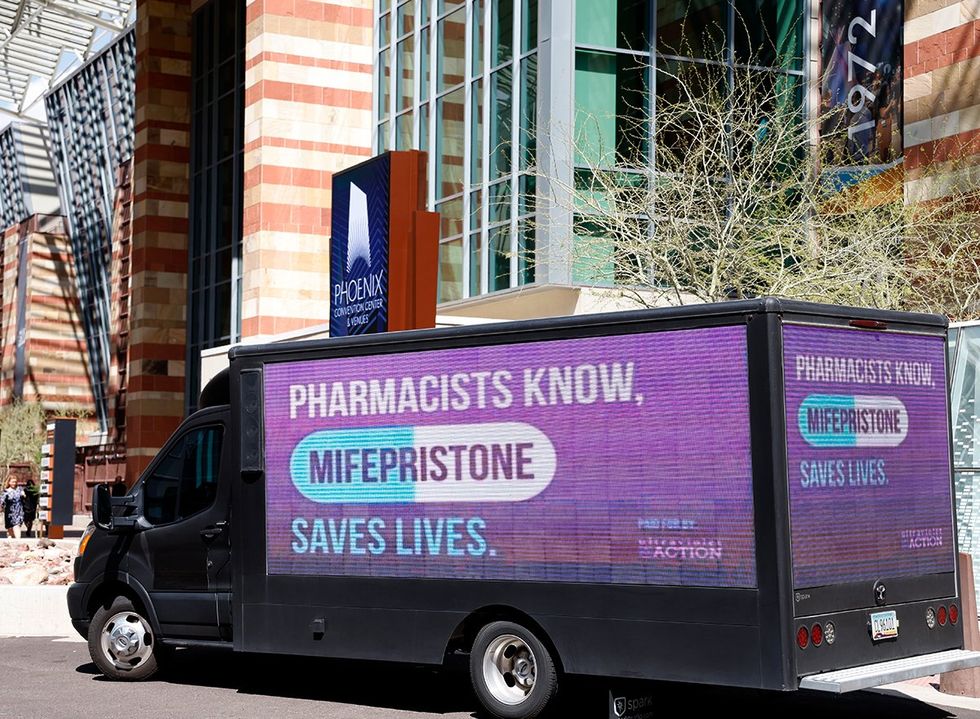
Chris Coduto/Getty Images for UltraViolet
Arizona for Abortion Access secured enough signatures in April to put a constitutional amendment enshrining the right to abortion on the ballot in the November elections.
Florida
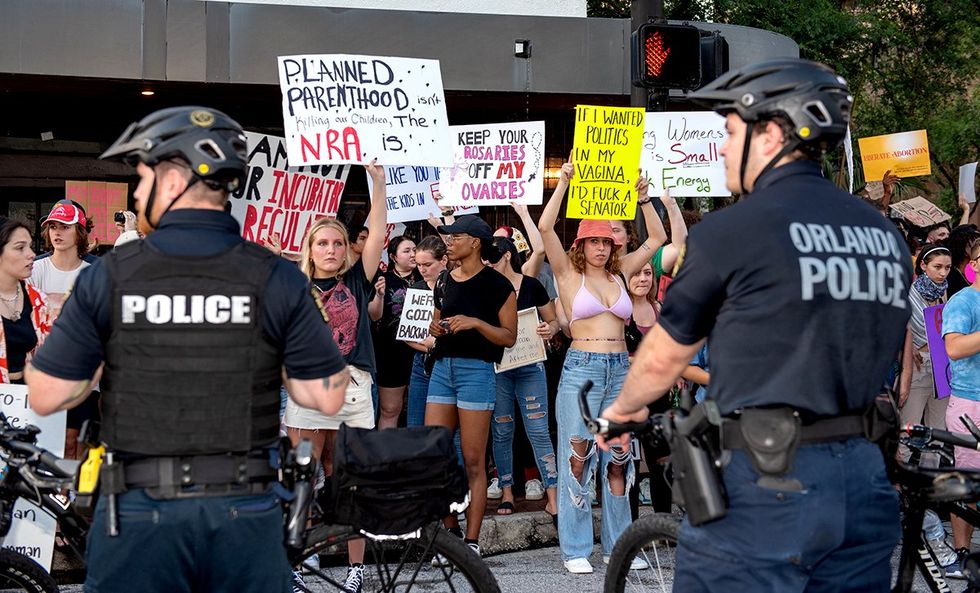
Chris_Harris/Shutterstock
Florida's ballot measure would let voters decide to enshrine abortion protections in the state constitution, giving them the chance to directly block Republican Gov. Ron DeSantis' 6-week ban.
Maryland
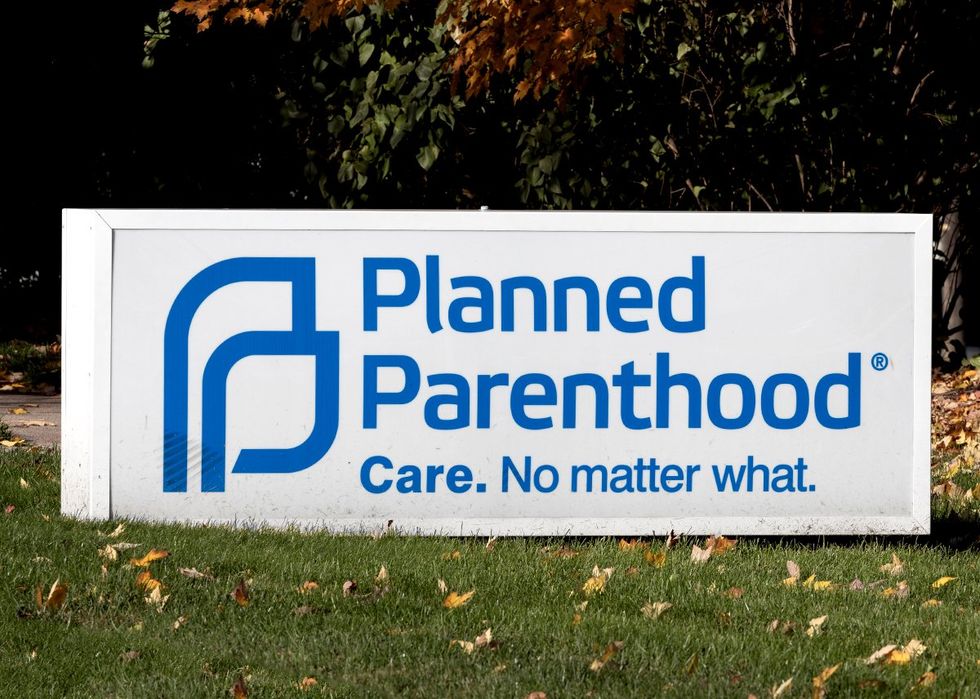
Jonathan Weiss/Shutterstock
While abortion is not currently at risk under Maryland's Democratic leadership, voters have the chance to permanently protect the care through an amendment that would establish a “fundamental right to reproductive freedom.”
New York
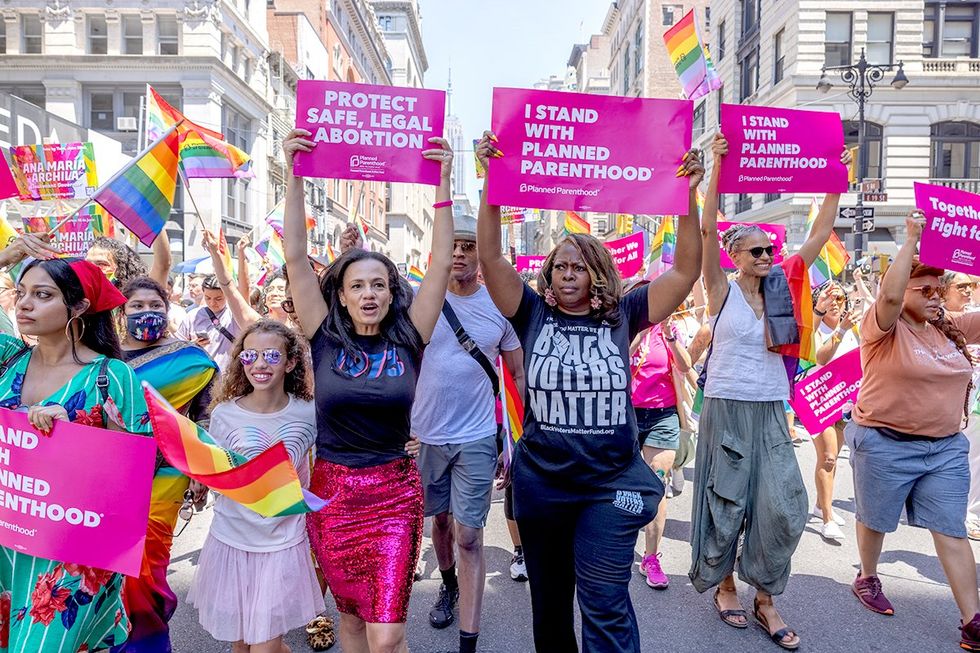
Ben Von Klemperer/Shutterstock
New Yorkers will vote on the Equal Rights Amendment in November, which protects reproductive care, while also prohibiting discrimination based on a person’s ethnicity, national origin, age, disability, sex, sexual orientation, gender identity, gender expression, pregnancy, and pregnancy outcomes.
Colorado
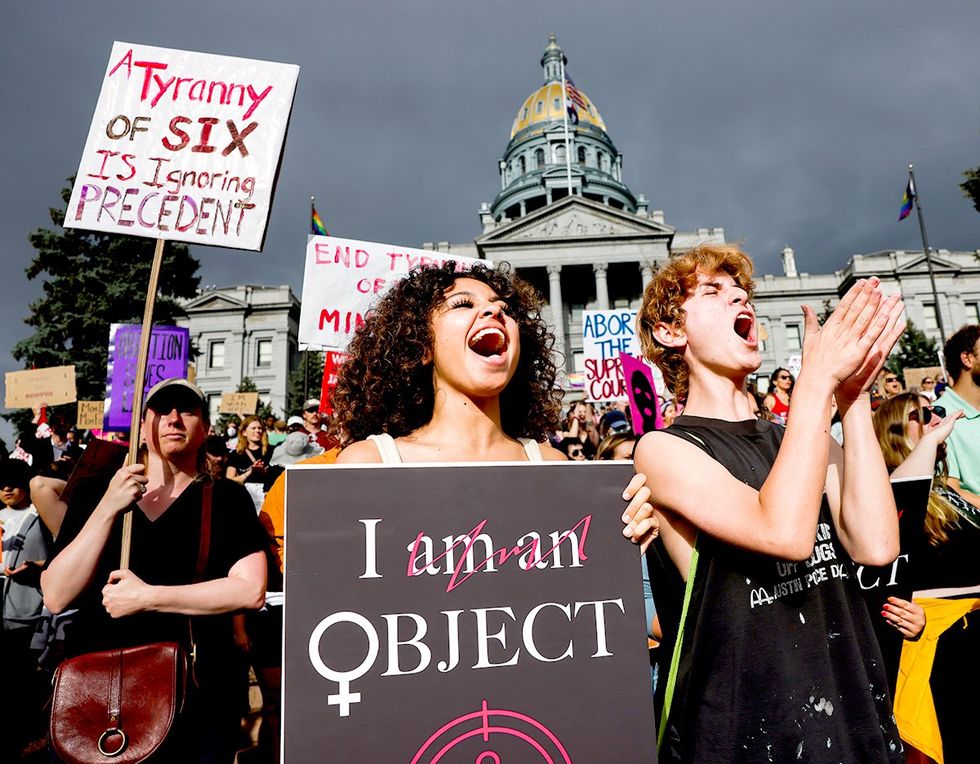
Michael Ciaglo/Getty Images
Colorado activists announced in May that they had collected enough signatures for an amendment that would formally recognize “the right to abortion." Not only would the government be prohibited from restricting the care, but it would also be prevented from banning health insurance coverage for abortions.
Missouri
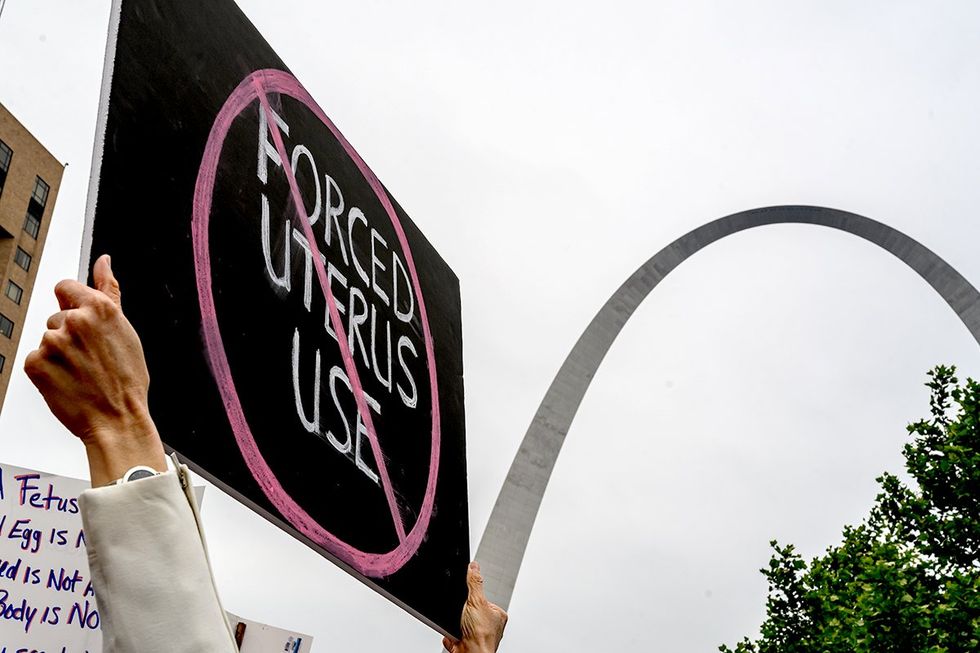
Jason Vargas/Shutterstock
Missouri, which was the first state to implement a "trigger law" outlawing abortion after the Supreme Court overturned Roe v. Wade, now has one of the strictest bans in the country. A proposed amendment would instead establish the individual's right “to make and carry out decisions about all matters relating to reproductive health care.”
The state Supreme Court recently ruled that the amendment can appear on the ballot in November.
Montana
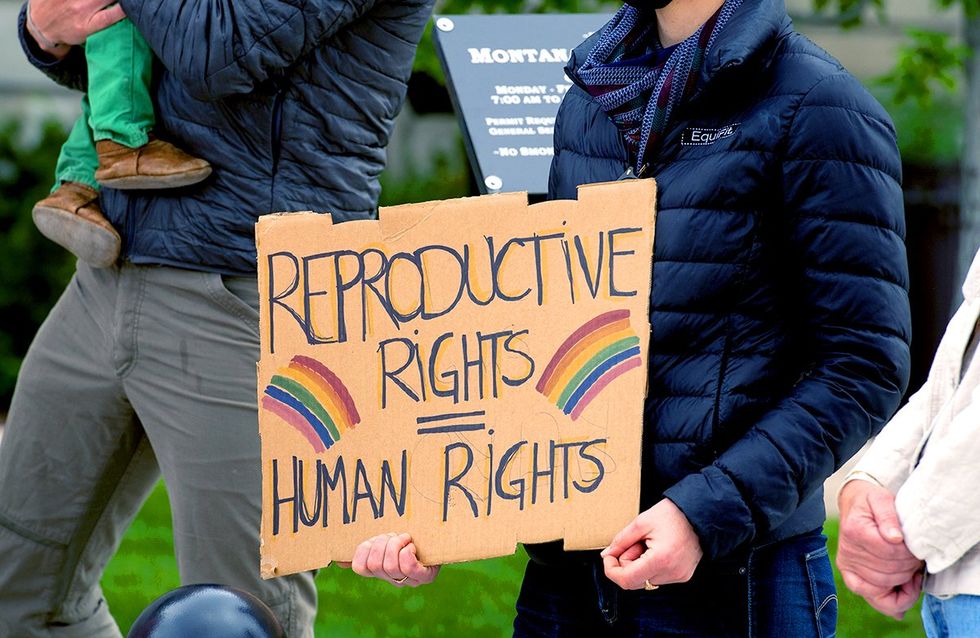
Lyonstock/Shutterstock
The Montana state Supreme Court earlier this year overturned a decision by the Republican state attorney general that would have blocked a ballot initiative to protect abortion, instead allowing it to move forward. The measure reached enough signatures to be put on the ballot in June.
Nebraska
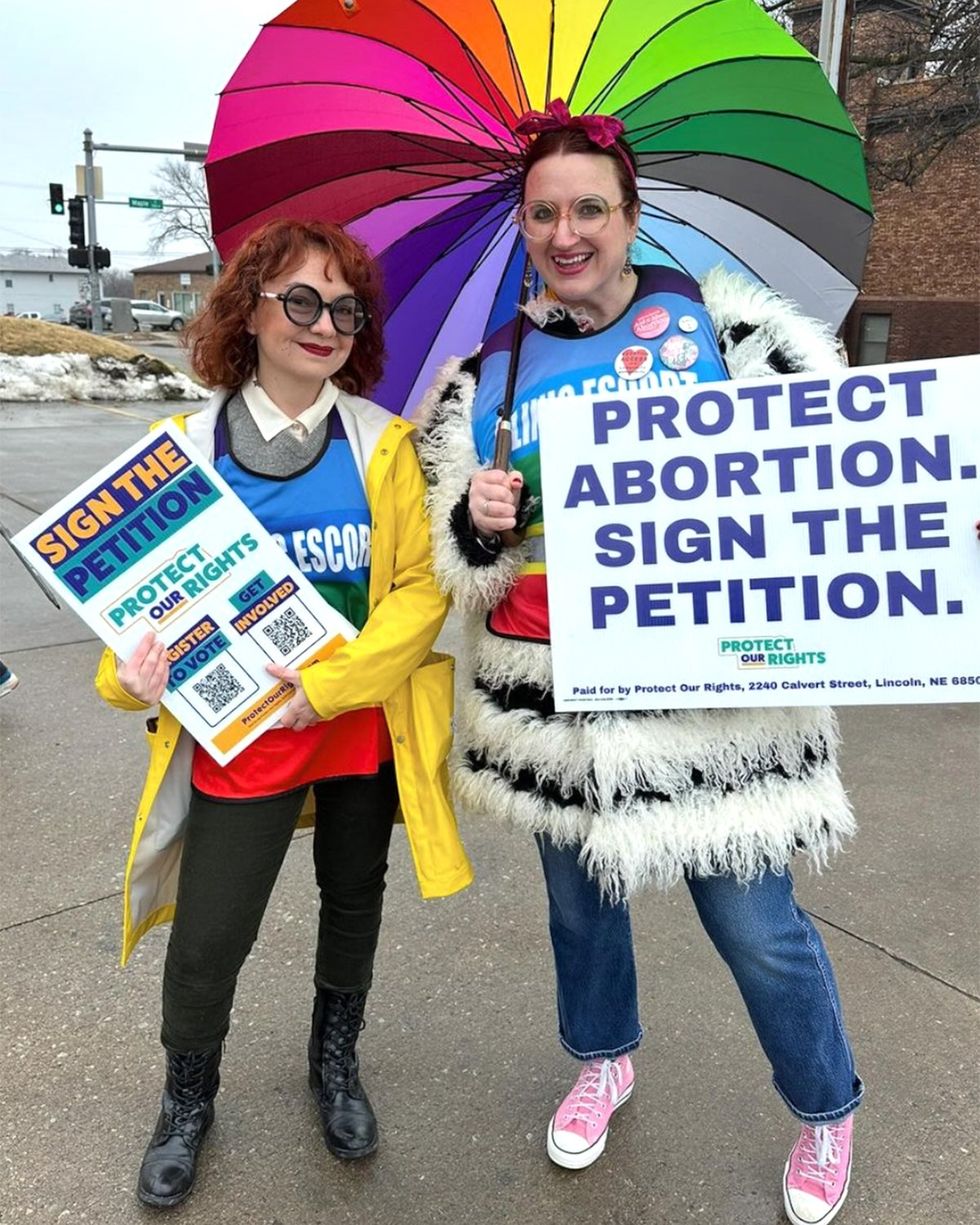
instagram @ProtectOurRights2024
One year after Republican Gov. Jim Pillen signed a 12-week ban, the Right to Abortion amendment would protect the care until viability. To get on the ballot, activists had to collect signatures from at least 10 percent of registered voters in the state, as well as signatures from 5 percent of the registered voters in 38 of Nebraska’s 93 counties.
The Nebraska state Supreme Court is currently deciding whether or not to allow the amendment to proceed. A similar fight occurred in Missouri, in which the amendment was ultimately allowed.
Nevada
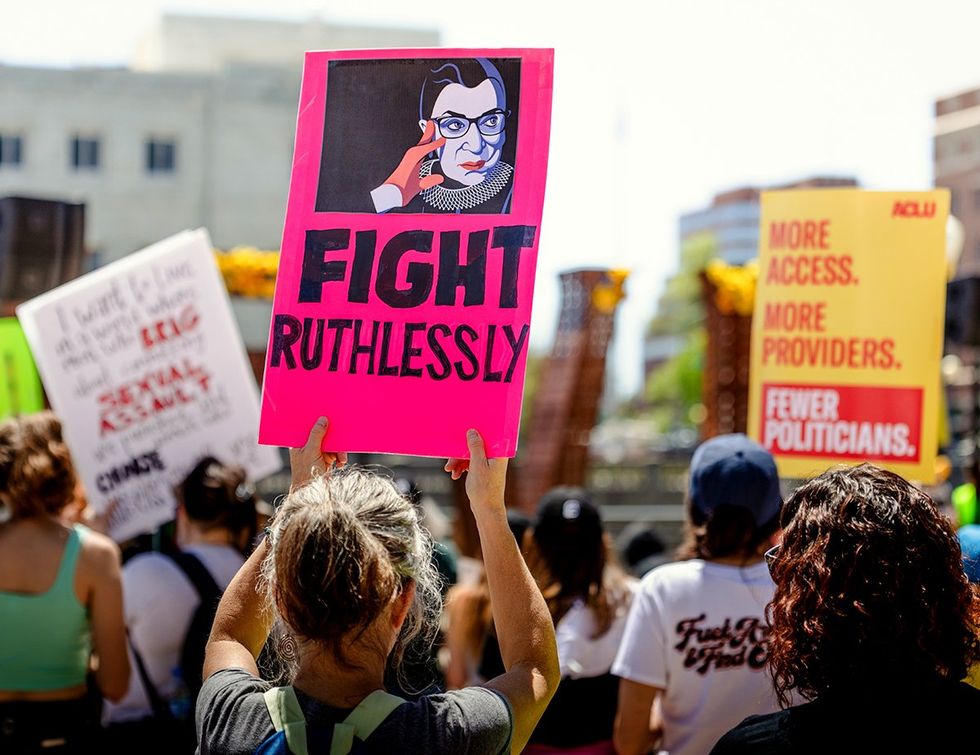
Trevor Bexon/Shutterstock
The Reproductive Rights Amendment in Nevada would establish "a fundamental, individual right to abortion" up until viability, or if the care is necessary for the well-being of a pregnant patient.
South Dakota
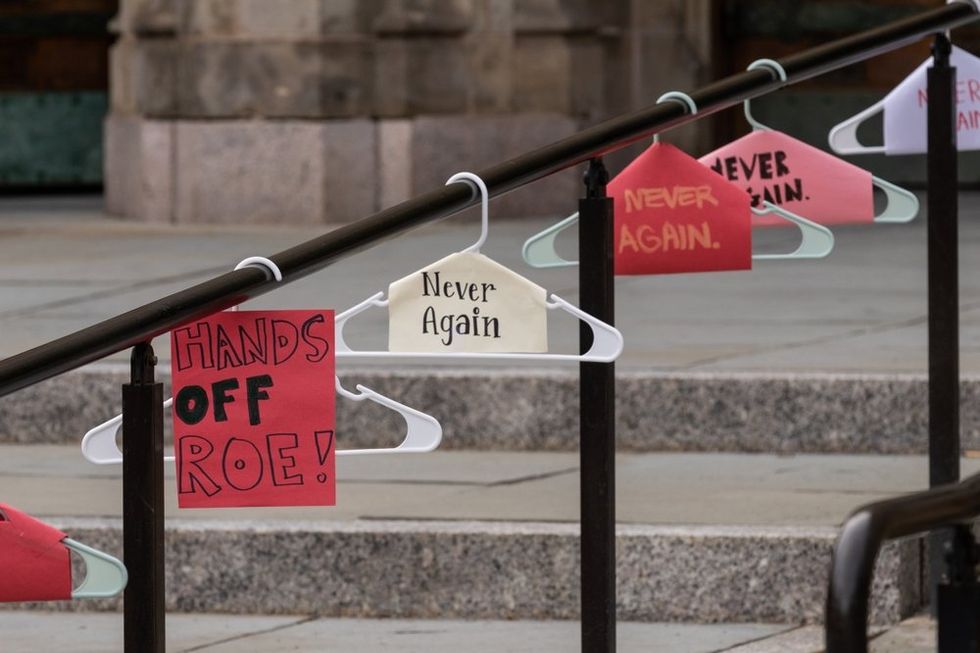
Shuttershock
The amendment sponsored by Dakotans for Health was validated over the summer, and will “certified that the people of South Dakota, not the politicians in Pierre, will be the ones to decide whether to restore Roe v. Wade as the law of South Dakota," according to the organization.












